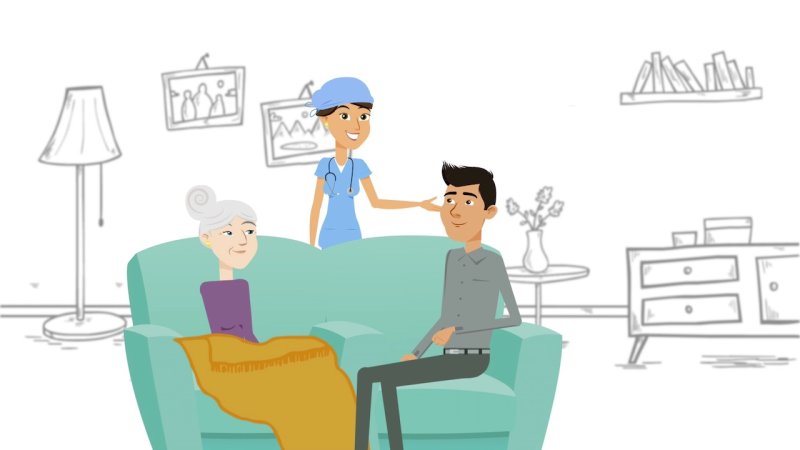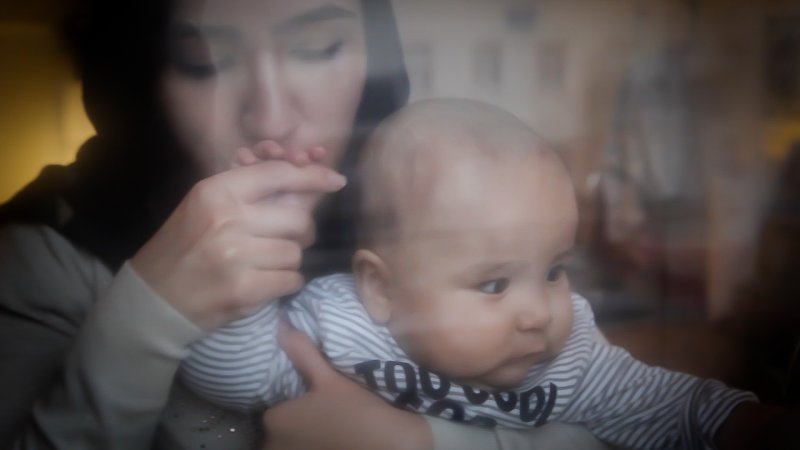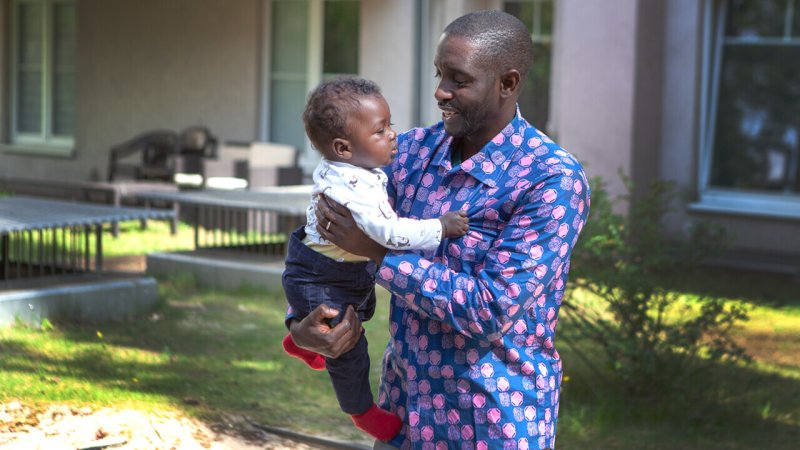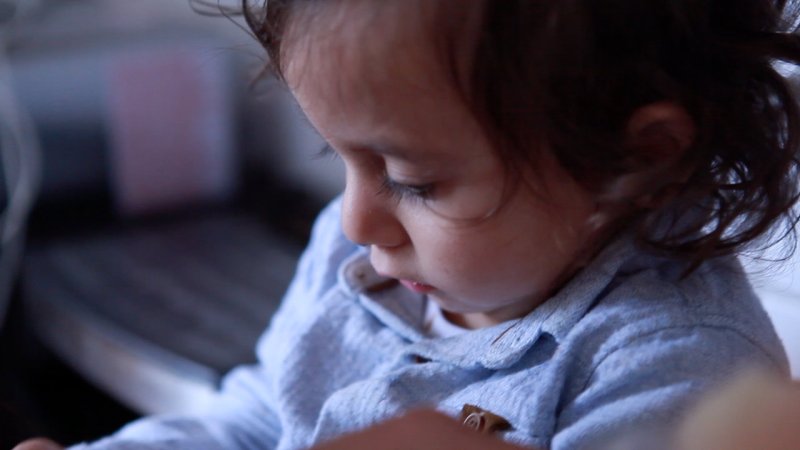Child Benefit
Raising children is costly, from nappies, clothing, toys, school supplies, and recreational activities to (later on) vocational training or university education. In Germany, there is a form of state aid known as "Child Benefit" or "Kindergeld", paid to support families financially and help parents provide their children with a good life and a bright future.
Educational Package
Participation in school trips, learning to play a musical instrument or joining a sports club can be costly. And such expenses are often not easy to afford for many families. The "Bildungs- und Teilhabepaket" (also called "Bildungspaket" or "Educational Package") is a form of state aid for children from low-income families intended to enable them to participate in school-related and leisure activities. With the Educational Package, the government supports children to participate in and benefit from certain activities and services at school and in their leisure time, such as lunch service at school or after-school care, private tuition and joining sports clubs and music classes.
Home care
Many of those who are in need of care prefer to be cared for at home instead of moving into a nursing home or retirement residence. Living at home means you can be looked after by relatives or a nursing service (or both) and stay in your familiar environment. Caring for someone at home is called "outpatient care" ("Ambulante Pflege") or "home care" ("häusliche Pflege").
The so-called long-term care insurance ("Pflegekasse") partly bears the costs of home care, provided that you are covered by one, and they have determined your need for long-term care. You can read more about the issue in our chapter "Nursing Care System".
Here, we explain your rights as a patient who wants to be cared for at home. Furthermore, if you are a caregiver, keep reading to learn what rights you have as the provider of care for a loved one.
Jobcenter
The Jobcenter can provide you support if you live in Germany and do not have enough money to care for yourself and your family. Under certain conditions, the Jobcenter helps people who have never worked in Germany, those who have been unemployed for more than a year and individuals who earn little despite working. If you are in one of these groups, you can seek financial support for yourself and your family from the Jobcenter. Such support is called „Citizen’s Allowance“ or„Bürgergeld”. It is the successor of the "Arbeitslosengeld II", which was also known as "Hartz IV". The Jobcenter staff will also help you look for a job. Jobcenter can also take over the costs for German courses or further training programmes if it can help you find a job.
Nursing Care System
A severe illness, an accident or old age can prevent you from being able to take care of yourself and make you need help with washing, shopping, eating or taking care of yourself. You will not be left alone with such difficulties. If you need help taking care of yourself (be it permanently or for at least six months), you are considered to be entitled to nursing care in Germany. In this case, you usually have the right to support and financial aid provided by nursing care insurance ("Pflegeversicherung").
Parental Allowance ("Elterngeld")
Childcare is a big topic for all young parents. And it is not always easy to reconcile work and family. In Germany, the estate provides so-called "Elterngeld" to support young families. "Elterngeld" or parental allowance serves as financial compensation for parents (or legal guardians) who temporarily have a lower capacity for work or cannot work at all after the childbirth as they care for their children. You can also apply for a parental allowance if you did not work before childbirth. Read further to find out if and how you can receive a parental allowance.
Parental Leave ("Elternzeit")
Parental leave ("Elternzeit") is a leave from work for which the parents of babies and young children can apply. If you want to spend more time with your child, you can "go on parental leave". During this time, you do not work or do so only for limited hours. Mothers are not the only ones who use such an opportunity in Germany. More and more fathers apply for parental leave so that they can spend more time with their child in the first years of his/her life. After parental leave, you can return to your previous job.
To learn about the financial options you and your family have during parental leave, check our chapter "Parental Allowance".
Social Mentoring in Germany
When you are new in Germany, suddenly, everything might seem foreign and disorientating. Wondering how you should navigate your new life? There are many counselling centres supported by various organisations that offer you help, for instance, to do your paperwork or solve legal issues. That is great support, but nothing can replace personal connections. To have someone who accompanies you over a longer period of time and supports you with everyday questions and appointments is much better. A person with whom you can also talk and spend your free time; someone who might even make you feel like a friend and family. But where do you find such a person? Social mentoring programmes are a great option to try. These programmes are voluntary and provide their service free of charge.
Good to know: Even if you have been in Germany for a long time, you can benefit from the many advantages of mentoring programmes to seek support or pass on your knowledge about life in Germany to those seeking support.
Youth Welfare Office
The Youth Welfare Office ("Jugendamt") in Germany has numerous tasks and responsibilities- and almost every family comes into contact with their staff at least once. The Youth Welfare Office not only looks after neglected or abused children and adolescents but also provides advice and support for all other families. If you have any questions regarding childcare or face any challenges concerning your children, you can always reach out to the staff of the Youth Welfare Office at your place of residence. Children can also contact the Youth Welfare Office directly if they face any problems with their parents.
Important: The Youth Welfare Office is responsible for all families residing in Germany, regardless of their nationality or residence status.








